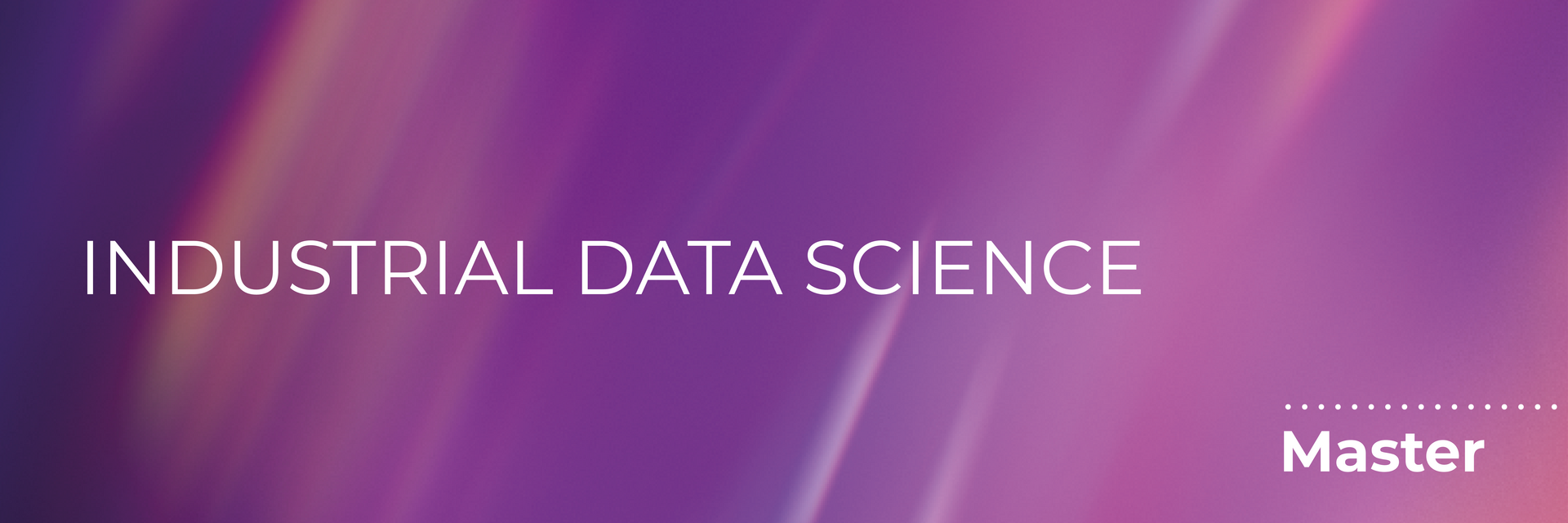Digitalization increasingly pervades our everyday life and at the same time, digital transformation changes production processes in business enterprises. The availability of sensors, computing power and networks allows for the merging of production mechanics and information technology, leading to the realization of ideas, products and business models, which were simply not possible a few years ago. A company’s competitiveness will strongly depend on its ability to make actual economic profit in addition to the social use of digitalization and data science projects.
The ability to apply data science methods is just as indispensable as understanding the respective technical processes in order to put data science into practice in a technical field and in the manufacturing sector as well. As a result, there is an extraordinary demand for data scientists who have received a high quality, technological and scientific education. Data science is a diverse discipline, requiring not only hard and soft skills, but also being able to put forward creative problem-solving skills. Data scientists often serve as a connection between various fields and departments within an organization, ranging from the technical possibilities that come with information technology well into the area of artificial intelligence.
The degree course of industrial data science offered at Montanuniversität Leoben is outstanding due to its practical orientation, which means that processes are examined holistically. In other words, these processes will be controlled and improved through understanding, preparation and data analysis. In the field of professional skills and methodical expertise, the abilities students will acquire in this degree course range from computer engineering, technology and natural science to business administration, enabling graduates to successfully put projects in the field of digitalization into practice. Apart from foreign language skills, team management and conflict management are the social skills that make up the key elements in this degree course.
Graduates of the master’s degree are able to:
- identify the potential of digitalization and put projects into practice accordingly,
- apply data-driven methods in natural science and technology,
- take into account operational and economic parameters regarding projects in the field of digitalization,
- apply optimization models using appropriate methods and algorithms,
- utilize IT systems and algorithms in order to aid decision making processes,
- apply tried and tested strategies as well as concepts and methods in their specific environments and adapt them according to specified requirements.
In the master’s degree course of Industrial Data Science the language of instruction for lecture courses as well as exams of is English. In order to be admitted, students are required to prove having completed a subject-relevant bachelor’s degree (or another relevant degree of at least the same educational value) at a recognized national or foreign post-secondary institution.
